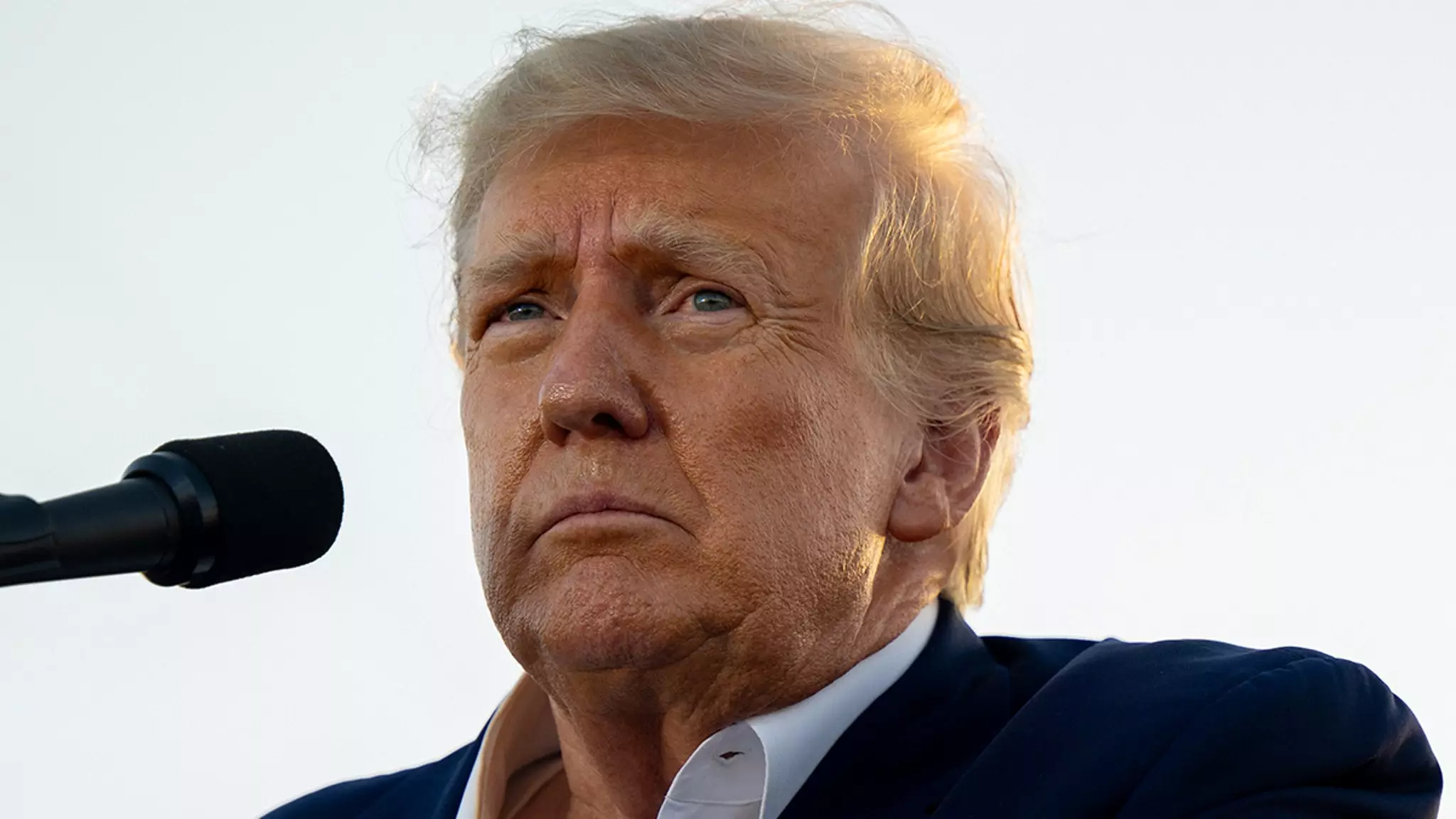The recent gunfire near Donald Trump’s vicinity has sparked widespread concern about the safety of political figures, particularly during campaign-related events. Just a few days ago, Trump’s campaign reassured the public of the former president’s safety after reports of gunshots fired at Trump National Golf Club in West Palm Beach. His communications director, Steven Cheung, confirmed that Donald Trump was unharmed during this incident, which has been the second such occurrence in a short span of time.
This alarming episode comes after a summer marked by heightened tensions surrounding Trump’s campaign. Most notably, only two months prior, a sniper aimed at Trump during a rally in Pennsylvania, tragically resulting in the deaths of two individuals and injuring Trump himself. The psychological toll of these events on the candidate, his supporters, and the general public cannot be understated. The immediate reaction to such threats often includes intensified security protocols and greater scrutiny of surrounding environments.
While the immediate response to the shooting seems focused on the individual incident, it is vital to analyze the broader implications of these events on political discourse in the United States. The rise of political violence poses challenges beyond physical harm, affecting the democratization process and possibly leading to increased polarization among the electorate. Campaigns often engage supporters through passionate rhetoric and ideological fervor; however, when violence becomes intertwined with these narratives, it risks pushing political conversations towards extremism.
The gunfire incident and its fallout may also reflect a worrying trend in political expressions. It signals to many a climate of hostility that should be of concern for all candidates, regardless of party affiliation. While Trump’s campaign insists that these incidents will not deter their efforts, the potential impacts on voter behavior and engagement may resonate far beyond this election cycle.
The investigation into the recent shooting is concurrent with the efforts of the U.S. Secret Service and local law enforcement. As spokespersons emphasized, a thorough evaluation of the event is necessary to ensure not just Trump’s safety, but also that of his supporters. The dynamics of political events necessitate a high level of security, and calls for transparency are essential to address public concerns effectively.
Less than a month after the previous shooting incident that resulted in a shift in leadership within the Secret Service, questions arise about accountability in safeguarding public figures. Such scrutiny would likely prompt discussions around improving protective measures and intelligence on threats during campaign events, a necessity in today’s charged political atmosphere.
Conclusion: A Call for Reflection
As the discourse surrounding Donald Trump’s campaign unfolds in the wake of these incidents, it presents an opportunity for reflection on the contemporary state of American politics. The escalation of threats does not only signify a challenge for Trump; it underscores a systemic issue: the increasing normalization of violence as a response to political dissent. The ramifications of this trend are expansive; thus, it is essential for both political leaders and citizens to engage in a dialogue aiming at addressing these critical realities, promoting a safer and more respectful political environment for all.

